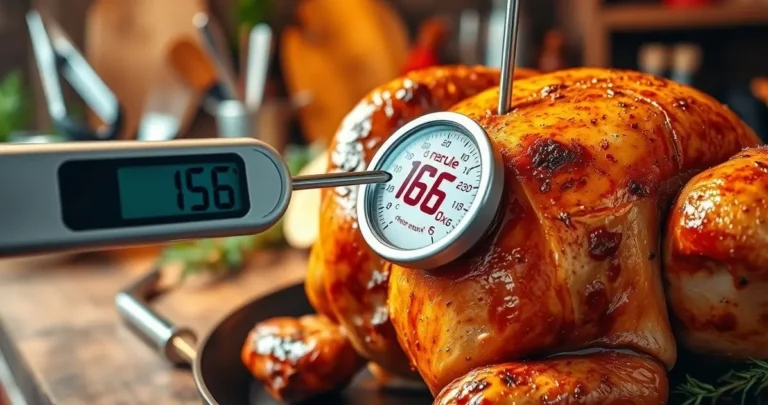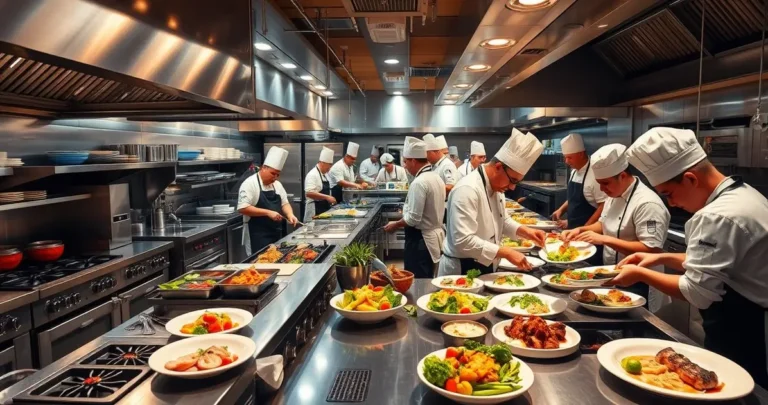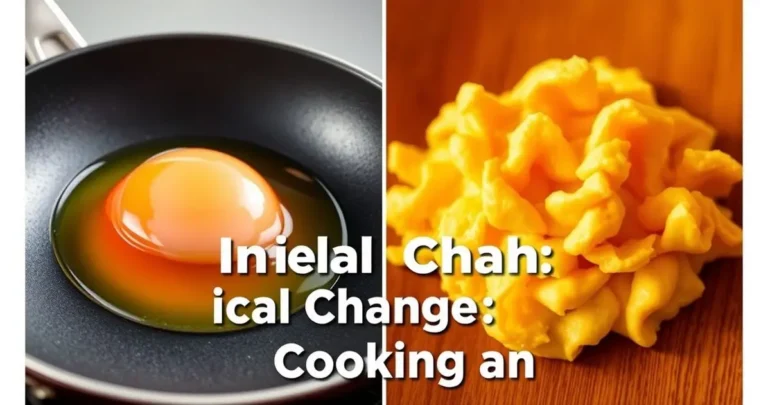Pouring cooking oil down the drain is a common dilemma in kitchens. However, it leads to serious plumbing issues and environmental hazards. It’s essential to find proper disposal methods for used cooking oil.
Can cooking oil go down the drain
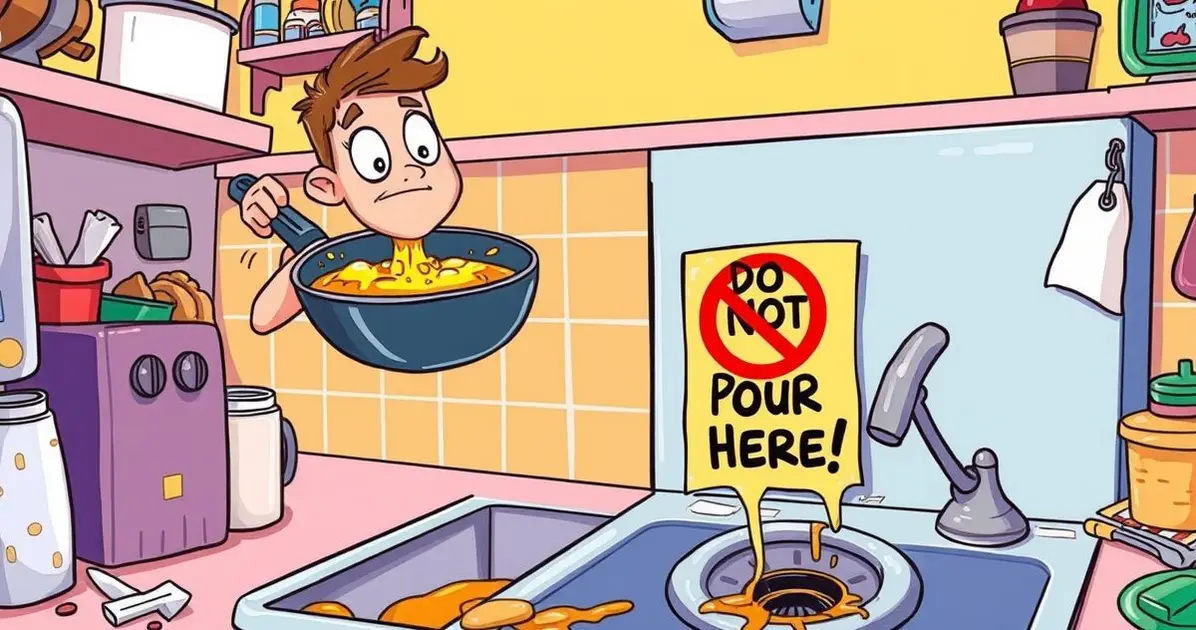
Cooking oil should never be poured down the drain as it can cause clogs in plumbing and harm local waterways. Instead, use a container for disposal. Many recycling centers accept used oil for safe processing, keeping our environment healthy.
The Science Behind Oil Clogs
The science behind oil clogs is a fascinating yet concerning topic that highlights why pouring cooking oil down the drain is a bad idea. When oil is disposed of improperly, it can lead to significant plumbing issues.
Cooking oils, when warm and liquid, may flow easily down the drain. However, as they cool, they begin to solidify. This solidification occurs because oils are composed of triglycerides, which can coagulate when exposed to lower temperatures. As the oil cools in the pipes, it sticks to the walls, creating a sticky residue.
Over time, this residue can accumulate and attract other debris, such as food particles, hair, and soap scum. This combination creates a thick sludge that narrows the pipe’s diameter, leading to severe blockages. These clogs can restrict water flow, causing backups in your sink or even leading to more extensive plumbing issues.
Fatbergs and Their Impact
Moreover, the presence of oil in the plumbing system can lead to the formation of fatbergs—massive clumps of fat, oil, and debris that can obstruct entire sewer systems. Fatbergs can be incredibly expensive and challenging to remove, often requiring specialized equipment and significant labor.
Understanding the science behind these clogs emphasizes the importance of proper oil disposal. Instead of pouring oil down the drain, it’s crucial to adopt responsible disposal methods to prevent plumbing disasters and protect our wastewater systems.
Potential Damage to Plumbing Systems
The potential damage to plumbing systems caused by pouring cooking oil down the drain is significant and often underestimated. When oil is disposed of improperly, it can lead to a variety of costly and inconvenient issues.
One of the primary concerns is the formation of clogs. As cooking oil cools and solidifies within the pipes, it can create a thick buildup that restricts water flow. This buildup can lead to slow drains or even complete blockages, causing water to back up into sinks, tubs, or other fixtures. The result can be messy and frustrating, requiring immediate attention to resolve.
In addition to clogs, oil can also corrode pipes over time. While pipes are generally designed to handle water and waste, the presence of oil can lead to chemical reactions that weaken the pipe material. This deterioration can result in leaks, which may not only damage your plumbing but also lead to water damage in your home.
Environmental Impact
Furthermore, the accumulation of oil in the plumbing system can lead to more severe issues in the municipal sewer system. When oils and fats combine with other waste, they can form fatbergs—massive blockages that can obstruct entire sewer lines. These fatbergs are costly to remove and can disrupt wastewater treatment processes, leading to environmental consequences.
Overall, the potential damage to plumbing systems from disposing of cooking oil down the drain can be extensive. It’s crucial to understand these risks and adopt proper disposal methods to protect your home and the environment.
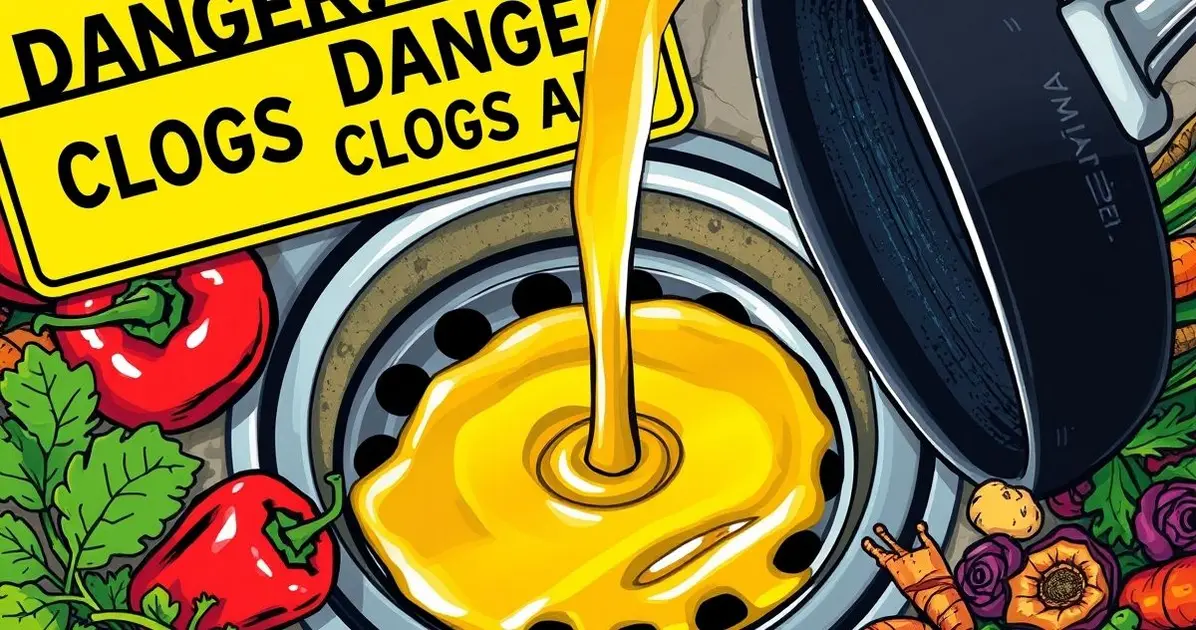
Environmental Impact of Pouring Oil Down the Drain
The environmental impact of pouring cooking oil down the drain is a pressing concern that extends far beyond the confines of your kitchen. When oil is improperly disposed of, it can have detrimental effects on the entire ecosystem.
Once cooking oil enters the wastewater treatment system, it can disrupt the treatment process. Oil can coat machinery and impede the efficiency of treatment facilities, making it more challenging to process wastewater effectively. This inefficiency can lead to untreated or partially treated sewage being released into local water bodies.
When oil contaminates rivers, lakes, and oceans, it poses a significant threat to aquatic life. Oil can create a film on the surface of the water, reducing oxygen levels and harming fish and other marine organisms. This can lead to fish kills and a decline in biodiversity, disrupting the natural balance of aquatic ecosystems.
Long-lasting Effects
Moreover, the presence of oil in the environment can have long-lasting effects. It can take years for oil to break down naturally, and during this time, it can leach harmful chemicals into the soil and water, affecting not only wildlife but also the quality of drinking water sources.
Additionally, the energy and resources required to clean up oil spills and mitigate their effects can be substantial. This includes not only the financial costs but also the environmental costs associated with the cleanup process itself, which can involve the use of chemicals and heavy machinery.
In summary, the environmental impact of pouring oil down the drain is significant and far-reaching. By choosing responsible disposal methods, you can help protect our waterways, wildlife, and the overall health of the planet.
Eco-Friendly Alternatives for Disposing of Cooking Oil
When it comes to disposing of cooking oil, there are several eco-friendly alternatives that can help you avoid the negative impacts of pouring oil down the drain. Here are some responsible methods for disposing of used cooking oil:
1. Recycling: Many local recycling centers accept used cooking oil for recycling into biodiesel. This renewable energy source can power vehicles and machinery, reducing reliance on fossil fuels. Check with your local recycling facility to see if they accept cooking oil and what their specific guidelines are.
2. Composting Small Amounts: If you’re using small amounts of vegetable oil, you can compost it. However, it’s important to do this sparingly. Excessive oil can attract pests and create odors. Mix it with dry compost materials to balance it out, ensuring that it decomposes properly.
3. Repurposing: Get creative and repurpose used cooking oil for other purposes. For example, you can use it to make homemade soap, lubricate squeaky hinges, or even as a natural pesticide in your garden. Just be sure to strain out any food particles before repurposing.
4. Storing for Future Use: If the oil is still in good condition, consider storing it for future cooking. Strain out any food particles and store the oil in a clean, airtight container in a cool, dark place. This can extend its shelf life and reduce waste.
5. Contacting Local Organizations: Some communities have programs or events for the safe disposal of cooking oil. Check with local environmental organizations or waste management services to see if they offer special collection days for used cooking oil.
By adopting these eco-friendly alternatives, you can ensure that your cooking oil is disposed of responsibly, helping to protect the environment and contribute to a more sustainable future.
Conclusion
In conclusion, understanding the implications of pouring cooking oil down the drain is crucial for both your plumbing and the environment. The science behind oil clogs reveals how easily cooking oil can lead to serious plumbing issues, while the potential damage to plumbing systems can result in costly repairs and inconveniences.
Moreover, the environmental impact of improperly disposed oil extends beyond your home, affecting local water bodies and wildlife. By recognizing these risks, we can all take proactive steps to protect our plumbing and contribute to a healthier planet.
Fortunately, there are numerous eco-friendly alternatives for disposing of cooking oil, including recycling, composting, and repurposing. By choosing responsible disposal methods, you can minimize your environmental footprint and promote sustainability.
Ultimately, being mindful of how we dispose of cooking oil can lead to a cleaner, safer environment for ourselves and future generations. Let’s commit to making better choices for our plumbing and our planet!
Frequently Asked Questions about Disposing of Cooking Oil
Can I pour cooking oil down the drain?
No, pouring cooking oil down the drain can cause clogs and damage to plumbing systems.
What happens when cooking oil goes down the drain?
Cooking oil can solidify in pipes, leading to blockages and potentially costly plumbing repairs.
What are the environmental impacts of disposing of cooking oil improperly?
Improper disposal can harm aquatic life, disrupt wastewater treatment, and lead to pollution in water bodies.
What are some eco-friendly alternatives for disposing of used cooking oil?
Eco-friendly alternatives include recycling for biodiesel, composting small amounts, repurposing for other uses, and contacting local disposal programs.
Can I store used cooking oil for future use?
Yes, if the oil is still in good condition, strain it and store it in a clean, airtight container in a cool, dark place.
How can I find out if my local area recycles cooking oil?
Check with local recycling centers or waste management services to see if they accept cooking oil for recycling.
See more
Discover plenty of easy and delicious recipes you can make at home, from hearty dinners to indulgent desserts and wholesome breakfasts.


